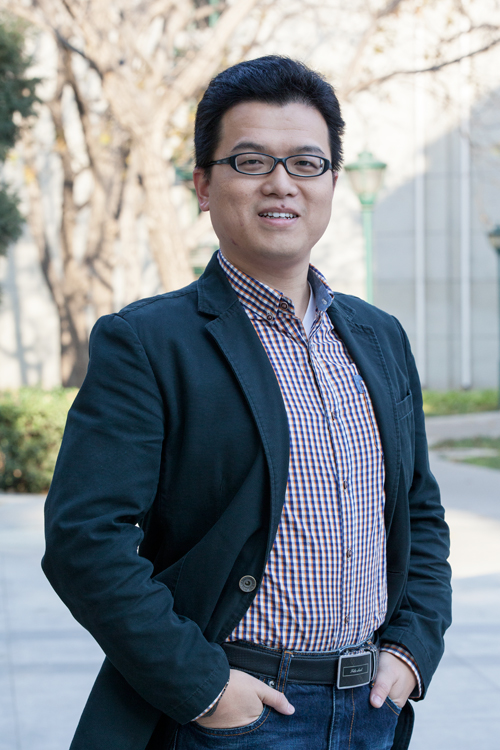京内社会学讲座沙龙
【社会研究与治理沙龙第47期】 Understanding The CCP's Intellectual Policy in the Reform Era
夏璐 | Politicized Academic Capitalism: Understanding The CCP's Intellectual Policy in the Reform Era
2017年6月14日「社会研究与治理沙龙」第47期
主题:Politicized Academic Capitalism: Understanding The CCP's Intellectual Policy in the Reform Era
嘉宾:夏璐 中国人民大学中共党史系
时间:2017年6月14日(周三) 16:00-18:00
地点:中国人民大学科研A楼212会议室
主办:中国人民大学社会与人口学院社会学系
嘉宾介绍

夏璐,2013年毕业于香港大学政治与公共行政系,获Ph.D.学位,现任中国人民大学中共党史系教师、中国人民大学台港澳研究中心特邀研究员。2015年4月任香港中文大学中国研究服务中心访问学者,2017年2月任香港大学社会科学学院访问学者。主要研究兴趣包括比较政治、当代中国政治发展、国家权力与知识分子、近现代中国社会运动等。目前主持北京市社会科学基金项目“改革开放以来中国共产党群众路线理论和实践与保持党的纯洁性之研究”。其研究论文发表于《国外理论动态》、《中国人民大学书报数据中心▪中国政治》、《中共历史理论与研究》等刊物与丛书。已出版英文专著1部,中文合著1部,中文译著2部。
内容摘要
Why has the significant expansion of a certain social category’s population and influences– largely resulting from the development of national economy and free market system – NOT frequently caused political instability and unrest to the authoritarian regime during the reform era? How has the regime upgraded its strategies of sociopolitical control by combining the market logics into the conventional approaches? And what strategies has the Party-state adopted so as to preempt and prevent this social category’s potential challenges from occurring in this ever-changing period? This study undertakes the task of understanding these theoretical questions by looking at the Chinese Communist Party-state’s sociopolitical control mechanisms over intellectuals during the reform era. This study seeks to solve these questions by developing a theoretical framework of Politicized Academic Capitalism. The core of such a framework is a kind of hybrid institutional arrangement designed by the Chinese Communist Party-state with the employment of the market logics as the important means of interest-sharing with and hence the sociopolitical control mechanism over intellectuals who serve in higher education institutions. By highlighting the scarcity and competition as the primary logics of the market, the author further holds that scarcity is the natural and logical prerequisite for the competition, and the competition is manipulated by the Party-state to keep intellectuals being in a constantly busy situation and working along the line drawn by the state. Moreover, shaping scarcity is an effective way to show the significance of key resources and the related interests that could be shared with the Party-state, and then manipulating competition becomes the only manifested way to enjoy this interest-sharing privilege.
